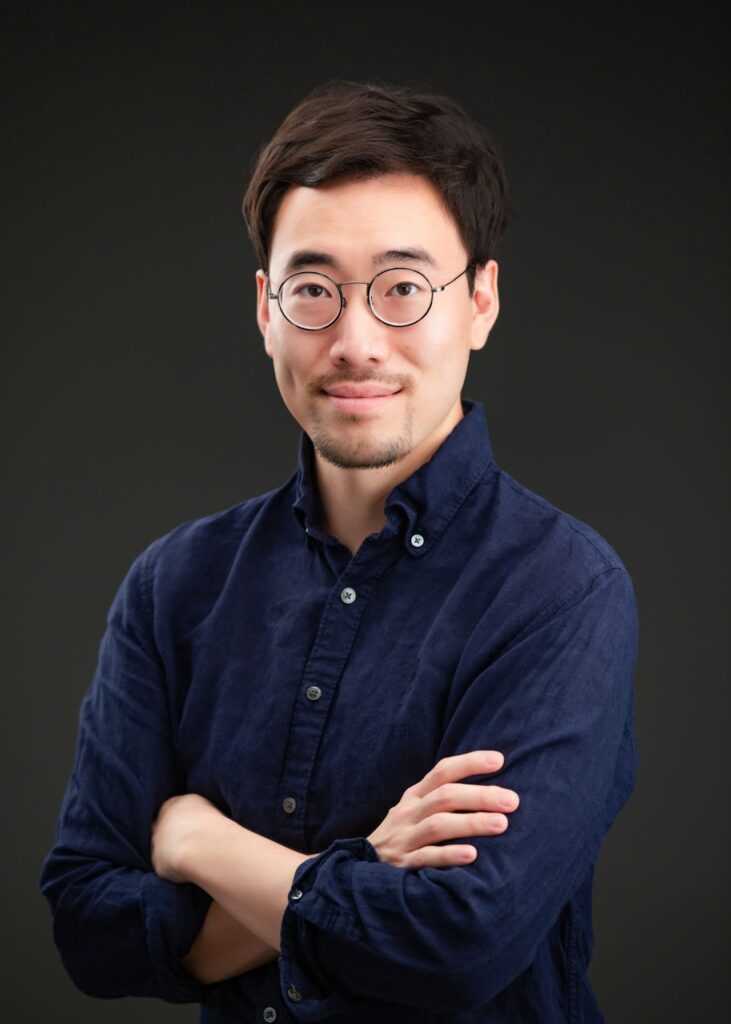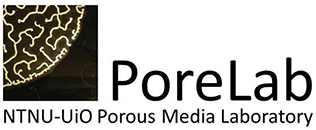
Welcome to the next PoreLab lecture!
Who: Associate Prof. Dr. Peter K. Kang
Peter is a geoscientist whose research focuses on the physics of flow and reactive transport in porous and fractured media. His research group combines theory, high-performance numerical simulations, machine learning, and visual laboratory experiments to understand how coupled processes control mixing and reactive transport across spatial scales (from pore to field scale)
When: Since there is jet lag between the state and Norway, the lecture will take place on Wednesday, 5th June, at 15:00 (CEST).
Where:
The talk will be streamed in both Kelvin’s room (PoreLab Oslo) and in the common room (PoreLab Trondheim). From anywhere else, you will be able to join via the following Zoom link:
https://uio.zoom.us/j/65837085049?pwd=WjZianUyN3FJa2liQkxBbzQrOCtGdz09
Title: : Inertia effects on mixing and reaction in porous and fractured media: From mixing-induced chemical reactions to mineral dissolution and precipitation
Abstract: Mixing and reaction in porous and fractured media control a variety of natural and engineering processes, including carbon mineralization, cave formation, geothermal energy, contaminant transport, and microfluidics. Subsurface systems commonly contain fractures and conduits that are highways for fluid flow. Typical flow velocities in these systems are sufficiently fast to create inertial flows which manifest complex flow topologies. However, due to the common perception that porous media and microchannel flows are slow, the effects of fluid inertia are often overlooked in studies of mixing and reaction. In this lecture, I will focus on unraveling the intricate and poorly understood influence of hydrodynamic conditions on mixing and reaction, including mineral dissolution and precipitation. My lecture will demonstrate how fluid inertia can fundamentally change mixing-induced reactions at the pore scale and how such effects manifest at larger scales. Finally, I will show how improved understanding can lead to engineered solutions for critical problems such as carbon mineralization and fracture sealing.
